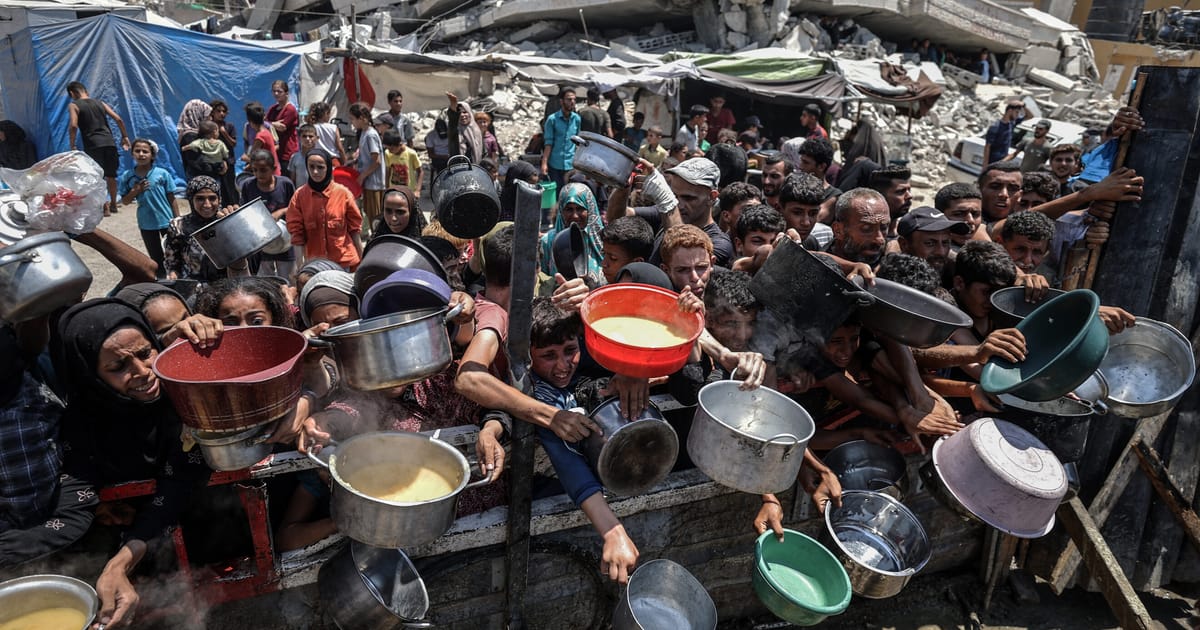

In a world where complex geopolitical tensions continue to unfold, recent developments have brought attention to the intricate dynamics within regions such as Eastern Europe and the Middle East. As these stories unfold, they highlight not only the challenges but also the persistent efforts for peace and resolution.
In Eastern Europe, Ukraine has endured one of the deadliest strikes in recent months, as Russian forces launched overnight assaults affecting several regions. These attacks resulted in the tragic loss of 25 lives, with a notable strike targeting a prison in Zaporizhzhia. Among the victims were a 23-year-old pregnant woman and more than a dozen prison inmates. The civilian toll is significant, as Ukrainian President Volodymyr Zelenskyy announced, pointing to 85 additional individuals injured during these operations. These attacks occurred shortly after statements from former U.S. President Donald Trump, who has been pushing for progress towards a ceasefire by issuing a new deadline of “10 or 12 days” before contemplating further diplomatic measures against Russia.
The implications of these attacks highlight the ongoing struggle in Ukraine, where civilian safety remains a pressing concern amid military operations. Despite these tensions, the international community continues to seek pathways to peace while reinforcing diplomatic pressure on involved parties to reach a resolution. The complexity of these efforts underscores the profound impact of the conflict on regional stability and global relations.
Elsewhere, in the Middle East, a poignant incident has surfaced following the killing of Awdah Hathaleen, a Palestinian activist and journalist known for his involvement in the Oscar-winning documentary “No Other Land.” His death, during an attack by Israeli settlers in the West Bank’s south Hebron hills, has drawn widespread condemnation. Hathaleen’s tragic passing has ignited conversations on issues of state impunity concerning settler violence. The release of video footage showing an Israeli settler, previously sanctioned by President Joe Biden, firing his weapon has raised further questions about accountability and justice within the region.
In parallel, European Union discussions reveal ongoing considerations regarding Israel’s participation in the Horizon research program amid reports of humanitarian challenges in Gaza. As leaders deliberate these matters, the intricacies of international cooperation and the pursuit of equitable solutions are vital to ensuring a fair process for all parties involved. The choice to potentially suspend Israel’s involvement underscores the delicate balance that exists in navigating diplomatic relationships and addressing humanitarian needs.
As these situations evolve, they continue to embody the complexities of contemporary geopolitics where conflict, diplomacy, and accountability intersect. Amidst these challenges, there remains a shared commitment within the international community to seek sustainable peace and stability through thoughtful dialogue and cooperative engagement. In reflecting on these events, it becomes evident that while obstacles remain, there exists an unwavering determination to embrace solutions that pave the way for progress and reconciliation.
Source: {link}
